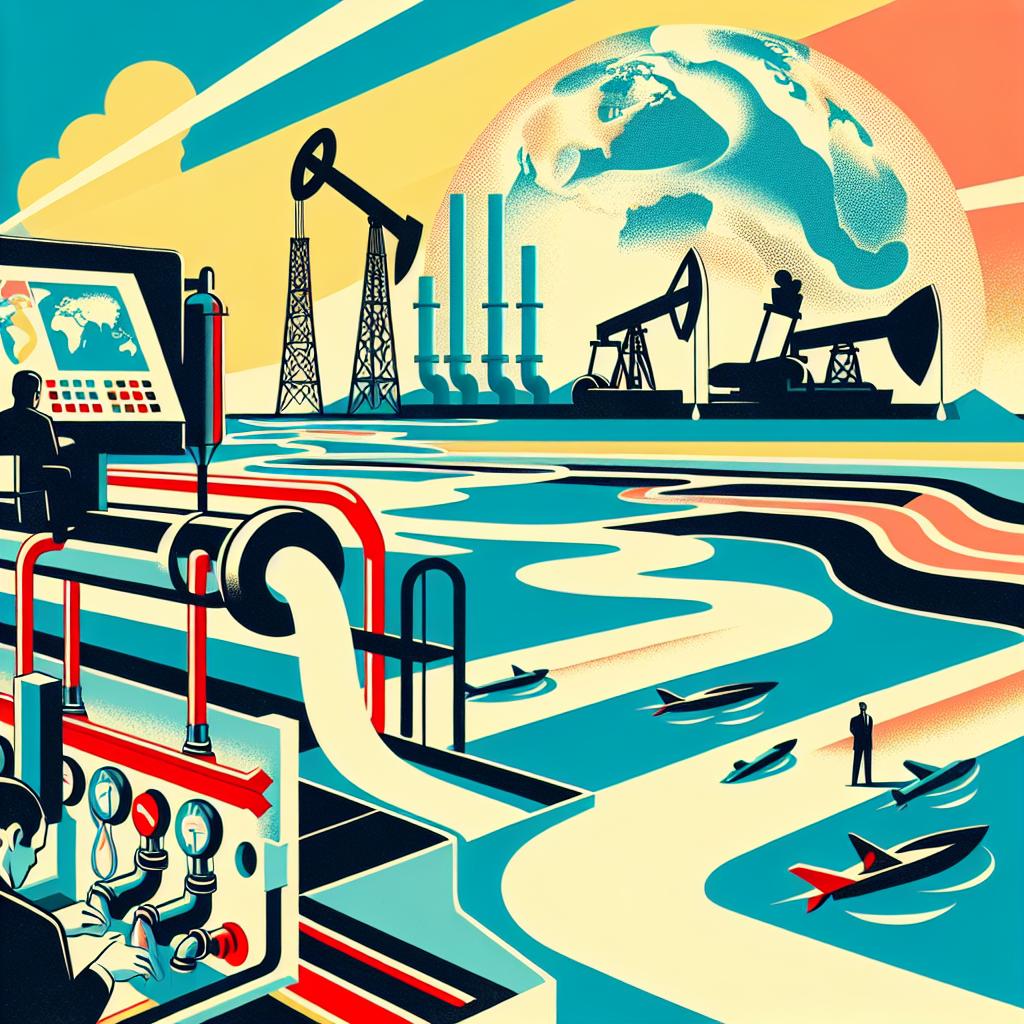Nigeria stands at a pivotal moment in its history, as nationwide protests against President Bola Tinubu’s economic reforms sweep across the nation. The demonstrations, fueled by widespread discontent with economic policies perceived to favor the elite, have been met with a heavy-handed response from security forces. Tear gas has filled the streets, and curfews have been imposed in several states, signaling a government unwilling to heed the protests’ demands.
The unrest is not just a reaction to specific policies but reflects a deeper frustration with long-standing economic inequality in Nigeria. The message from protestors echoes through the crowds, resonating with the hope for reform: “Economic policies must work for everyone, not just the elite.” But the burning question remains: will the government listen?
The Roots of Unrest
As the world’s most populous African nation, Nigeria is rich in resources but plagued by a historical issue of poor governance and unequal resource distribution. Since gaining independence in 1960, leadership has oscillated between military rule and democracy, yet economic reform has never truly addressed the underlying challenges faced by the populace.
In recent years, Nigeria’s economy has suffered from high inflation rates, unemployment, and increasing poverty levels, even amidst vast oil wealth. Economist data portray a stark picture: Approximately 83 million people in Nigeria live on less than $1.90 a day, pushing the country to the forefront of global poverty. In response to the dire economic situation, President Tinubu’s government enacted reforms aimed at stabilization, but many citizens feel these policies are inadequate or misdirected.
Background of the Economic Reforms
President Tinubu’s economic reforms were intended to bolster an economy riddled with debt and dwindling foreign investment. However, the new policies, including the removal of fuel subsidies and adjustments to currency exchange rates, have resulted in skyrocketing costs of living. For many Nigerians, the increased prices of everyday goods have ignited frustration and fear.
As the economic conditions worsen, divisions within society have deepened. Wealth has concentrated among the political elite and a few wealthy individuals, while ordinary citizens bear the brunt of the economic adjustments. It is this growing inequality that has led to the unrest seen today.
The Protests: A Dynamic Response
Protests reportedly erupted in Lagos and soon spread across the nation. Thousands of citizens took to the streets, with some groups even collating humanitarian aid for those affected by the curfews and police violence. The unity shown during these protests signifies a crucial shift in public sentiment towards active government accountability.
In contrast to previous protests, which fizzled out with little impact, the current demonstrations are driven by a younger, more connected audience. Social media platforms amplify the voices of dissent, sharing raw images and real-time updates of protests and police brutality, ultimately expanding the global visibility of the Nigerian plight.
Rights organizations have chimed in, urging the government to provide a safe environment for free expression. Amnesty International has condemned the excessive use of tear gas and assault on peaceful protestors, reminding authorities of their obligation to protect citizens’ rights.

The Role of the Government
As the protests grow larger, the government’s response has become increasingly restrictive. Curfews enforced in multiple states and confrontational tactics deployed by security forces have raised alarms about Nigeria’s commitment to democracy and human rights. Yet, this heavy-handed approach may intensify protestor resolve.
The key question remains whether the Nigerian government will engage with the protesters’ demands or continue to treat the unrest as mere disturbances that can be suppressed by force. Indigenous and community leaders have called for genuine dialogue and inclusive discussions around economic reforms, urging the government to recognize that policies need to be beneficial to all citizens.
Looking Ahead: The Path to Change
The immediate future for Nigeria hangs in a balance; the protests symbolize not only a cry from the people for equitable policies but also a pivotal opportunity for the government to foster inclusive governance. History has shown that ignoring the voices of citizens can lead to unstable governance, economic decline, and even wider societal unrest.
Ultimately, the change needed goes beyond just alterations in policy. It also calls for the establishment of accountability mechanisms that prevent corruption and foster greater participation of ordinary citizens in decision-making processes.
A Call for Action
The people’s message is not just about economic reforms, but a demand for dignity and acknowledgment as valued citizens of the nation. The outcome of these protests can potentially reshape Nigeria’s political landscape and offer a path to addressing economic inequality that has persisted for generations.
In this moment of reckoning, both external observers and the Nigerian government must weigh their responses carefully. Steps towards a more equitable future depend not only on the actions taken now but also on the legacy that emerges from these turbulent times.
It remains to be seen if President Tinubu’s government can rise to the occasion, or if the protests will usher in a prolonged period of instability. One thing is clear: the people of Nigeria are no longer willing to accept governance that does not prioritize their well-being.



